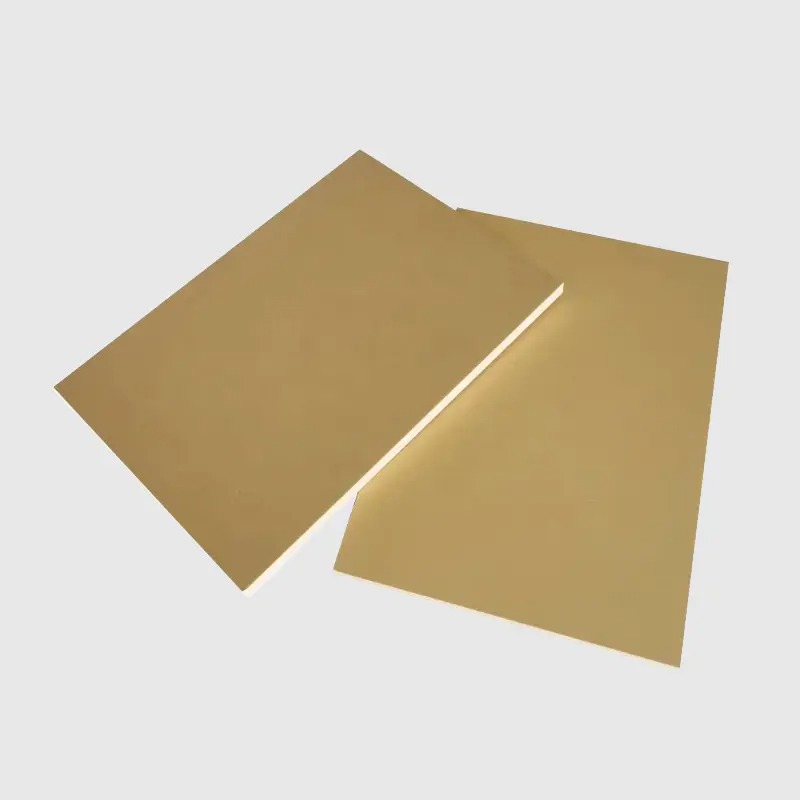Cat:PVC Foam Board
Features: white expanded closed cell rigid PVC sheet material with exceptionally fine and uniform cell structure and silky matte surface, it is partic...
See DetailsWill it maintain structural integrity over the long term without requiring additional anti-corrosion treatments?
In humid or rainy areas, WPC Foam Board's anti-corrosion performance is excellent. Because it combines the properties of wood and plastic, especially the plastic component, it has superior water resistance and corrosion resistance. Therefore, in humid or rainy environments, WPC Foam Board can effectively resist the erosion of water and moisture, thereby maintaining the stability and integrity of its structure.
In addition, preservatives or other chemical treatments are often added to WPC Foam Board during the production process to further enhance its anti-corrosion properties. These treatments can effectively protect against microorganisms, fungi and insects, further extending the service life of the WPC Foam Board.
1. Material composition and characteristics
WPC Foam Board is a composite material made of wood fibers and plastic (usually polyethylene, polypropylene or polyvinyl chloride) pressed at high temperatures. Its unique internal foam structure not only provides good thermal insulation properties, but also enhances its waterproof and anti-corrosion properties. In addition, WPC Foam Board has undergone special anti-corrosion treatment to make it more water-resistant and corrosion-resistant.
2. Application in humid or rainy areas
Construction industry: In humid or rainy areas, traditional wood is susceptible to moisture, rot and mold. WPC Foam Board can maintain structural stability for a long time and will not be damaged by water and moisture erosion. Therefore, it is often used to build outdoor balconies, awnings, railings, etc.
Landscape industry: In outdoor landscape projects such as parks and gardens, WPC Foam Board is popular for its anti-corrosion and insect-proof properties. It can be used to build flower beds, trails, bridges, etc. to provide tourists with a safe and comfortable leisure environment.
Agricultural facilities industry: In agricultural facilities, such as greenhouses, barns, etc., WPC Foam Board can effectively prevent insect damage and protect the safety of crops and animals. At the same time, its good thermal insulation properties also help to maintain a stable temperature within the facility.
3. Advantages
Anti-corrosion and insect-proof: WPC Foam Board has excellent anti-corrosion and insect-proof properties, which can maintain the stability of the structure for a long time without additional anti-corrosion treatment.
Good water resistance: Even in humid or rainy environments, WPC Foam Board can maintain good performance and will not be damaged by moisture and moisture erosion.
Environmental protection: Most of the raw materials of WPC Foam Board are recyclable materials, and its production process also meets environmental protection requirements. Using WPC Foam Board helps reduce resource waste and environmental pollution.
Easy to process: WPC Foam Board has good processability and can be cut, drilled, nailed and other processing operations like wood. This makes installation and customization easy and convenient.
Aesthetics: WPC Foam Board has a natural texture and color similar to wood and can be personalized as needed. Its beautiful appearance can enhance the overall effect of buildings and landscaping.

Contact Us